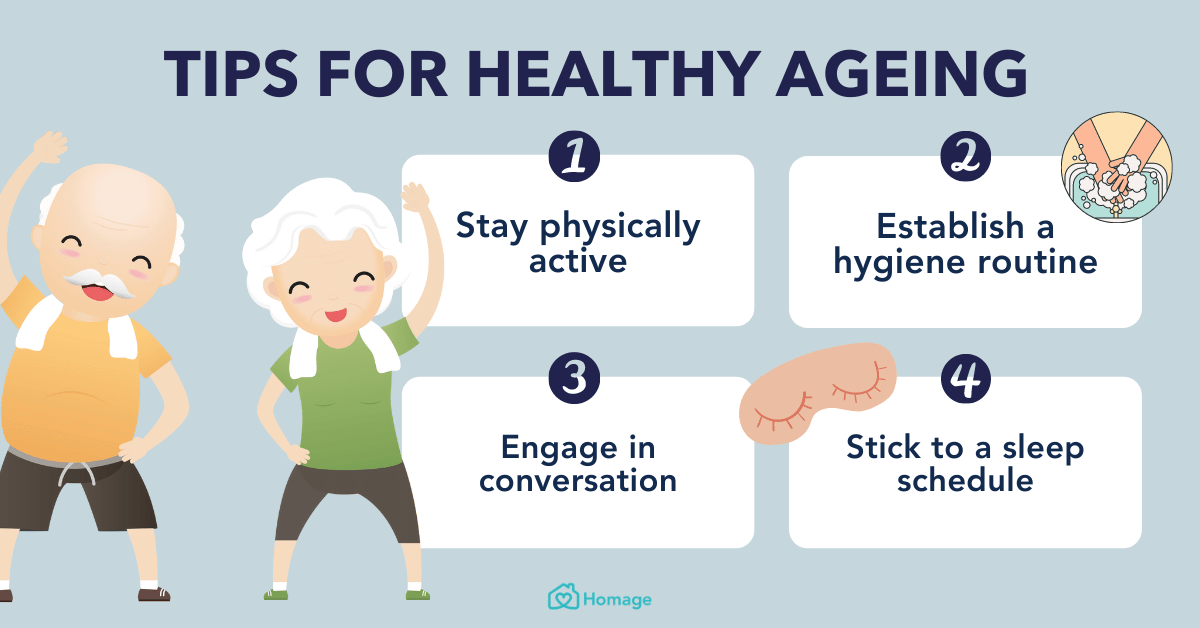

The coronavirus pandemic has changed the fabric of our lives the world over. Many have lost their jobs and their livelihoods. Frankly, it’s a dark time. On the bright side, we’re learning more about the coronavirus every day, and the promise of a vaccine brings us hope. An end to our quarantined lives.
Many of us never thought a pandemic would happen during our lifetime. The 1918 influenza pandemic killed about 50 million people worldwide, making it the deadliest pandemic in recent history. As it stands today, deaths from COVID-19 are approaching 700,000 worldwide.
These statistics are enough to make anyone’s head spin and can contribute to heightened anxiety and sadness. If you struggled with anxiety or depression before the coronavirus hit, these may have worsened during this time.
Human beings are social creatures, born to crave warmth and affection. We need physical contact with others. Remaining in lockdown due to sharp increases in COVID-19 cases has affected us in various ways. You may experience physical symptoms, including aches and pains, fatigue, and poor sleep and concentration.
We’re heading into month five of lockdown now, and we’re becoming agitated, forgetful, more anxious, and yes, more sad. Being denied our regular daily lives has strained our mental well-being. Even going to the grocery store (even when wearing a mask) can cause anxiety and nervousness.
Effects of Social Isolation
The effects of social isolation and loneliness are well documented. Think seniors are the only ones who suffer from loneliness? Think again. They’re the group with the lowest loneliness score, while Gen Z (ages 18-22) has the highest loneliness score. As a result, this young generation reports health problems.
Social isolation contributes to increased smoking and substance use and marked increase in mortality rates. It can also lead to heightened anxiety, low self-esteem, cognitive decline, and poor sleep quality.
So what can we do to keep the black dog from baying and scratching at our doors?
Create a “Bubble” (a.k.a. “quaranteam”)
Not being able to be with our loved ones has forced us to risk our physical health. Many people think taking this risk is worth it. And frankly, I’m considering forming a bubble myself, with just my sister and her boyfriend. We already keep tabs on each other and where we go, for how long, and whether we keep our distance from others. The only thing we haven’t done is actually visit each other but that will come as the months drag on, as long as we maintain our open lines of communication and stay honest and transparent about our activities (which I keep at absolute minimum outside of the home).
“Quaranteaming” requires a strong level of trust and honesty among people in the same social circle. Each member of this circle has been deemed “safe” (negative for COVID-19) and they take the same precautions when they venture outside the social circle: wearing masks, keeping 6+ feet distance, avoiding large crowds.
There’s more to it than just following the rules for your bubble, however. It’s important to just be in one bubble and not visit other bubbles, as this increases the risk of contracting the virus. Those who stay in one bubble should quarantine on their own for two weeks before forming a new bubble.
Read/Watch the News Only Once a Day
When lockdown started, I was watching the news obsessively. I could feel my blood pressure rising and my anxiety along with it. After a few weeks, I stopped and kept my news exposure to a minimum. The constant exposure to the 24-hour news cycle was affecting my sleep and concentration. Adopting this new habit has improved my sleep but then a new habit started…
Play Games to Occupy Your Mind
If you live alone, you can download some games on your phone or tablet. Lumosity trains your brain to focus on the task at hand, through its various cognitive games. Sudoku remains popular, as well as crossword puzzles, which require you to dive deep into your knowledge bank.
If you want a game that you can do with paper and pencil, Sudoku and crosswords are ideal. Prolonged periods of playing games on your phone can cause eye damage so tread carefully.
Try Meditation or Prayer
The health benefits of meditation are many but notably it reduces stress, anxiety, and depression. Doing this practice forces you to concentrate on the present and block off any negative thoughts and energy; it’s about just being. Prayer has the same health benefits, though the focus is not always on ourselves. Praying for others can make you feel good, too.
Practice Self-Care
As we spend more time at home, we need to practice self-care. Self-care is a form of self-love and don’t we need more of that now? In our normal lives, pre-COVID, we may have neglected treating ourselves with kindness and even spoiling ourselves. Now is the time to heap on the self-care – it will boost your emotional and physical health. Self-care is simply about making yourself feel good and should never feel like an obligation. Do more things that bring you pleasure.
Laugh and Laugh Some More
Remember when you were a kid and you laughed at the silliest things? How your stomach would hurt from laughing so much? Watch silly and stupid movies and comedy routines. In these trying times, find any opportunity to laugh.
All of these can boost your mental and physical well-being, as long as you practice them with intention regularly. Create new, healthy habits. You’ll thank yourself later.
When the Blues Won’t Go Away
Stress, sadness and uncertainty due to the COVID-19 pandemic has impacted most of us on a pretty regular basis. Michelle Obama, in her recent podcast, talked about her own experience with “low-level depression” during the Pandemic.
But depression can be a serious medical issue. It’s important that you talk with your Healthcare provider immediately if you experience depression symptoms for more than 2 weeks.
These symptoms include:
- Sadness.
- Isolation.
- Agitation.
- Fatigue.
- Feelings of worthlessness and hopelessness.
- Decreased ability to concentrate.
- Lack of interest in things that usually make you happy (or people!).
- Changes in your eating or sleeping habits.
Healthcare Provider’s get concerned about a major depression when these symptoms are present for an extended period of time, when things you did before to help alleviate those symptoms and cope are not working, when these symptoms impact your ability to function with your family/friends, at work/school or even functionally (the “I can’t get out of bed” feeling that last for several weeks or the inability to care for oneself because of your mood changes). It is OK to ask for help and to let your providers know you are struggling. There are many options available to treat depression including therapy and medications.
People with depression are also at a higher risk for self-harm, including suicide. If you are having feelings about wanting to end your life or harm yourself, call 911 or the National Suicide Prevention Helpline 1-800-273-8255 where counselors are available 24 hours a day.
About the author: After years of working in the editorial field, Juana Poareo is now a freelance writer and blogger for health and pet companies. She has worked with HuffPost, Saatchi&Saatchi, MBLM, Ambrosia Treatment Center, and 121 Captions. Fun fact: She ate her first chile pepper (a hot one!) when she was only two years old. You can check out her website, JuanaWrites.com, and her LinkedIn profile, https://www.linkedin.com/in/juana-poareo-freelance-writer/
Related Post
 04
04 Jun
4 Tips for Preventing Food Allergies at School
Most guardians send their kids off to start another school year with energy. However, guardians of youngsters with extreme food sensitivities frequently have genuine apprehension. They frequently wonder: Will their kids inadvertently eat the food they're hypersensitive to? Food sensitivities are.
Read More 30
30 May
Everything You Need to Know About Healthy Aging
Maturing is unavoidable, yet if you reexamine the manner in which you take a gander at the excursion and do whatever it takes to really focus on yourself in every second, you'll track down the delight and liveliness of the.
Read More 28
28 May
What to Know about HPV, the HPV Vaccine and Cervical Cancer Screening
Worldwide, cervical disease is the fourth most normal malignant growth in ladies, with around 660 000 new cases in 2022. Around the same time, around 94% of the 350 000 passings brought about by cervical malignant growth happened in low-and.
Read More 23
23 May
What Is the Best Approach to Health Care for Children?
Youngsters' wellbeing, or pediatrics, centers around the prosperity of kids from origination through puberty. It is fundamentally worried about all parts of kids' development and improvement and with the special open door that every youngster needs to accomplish their maximum.
Read More